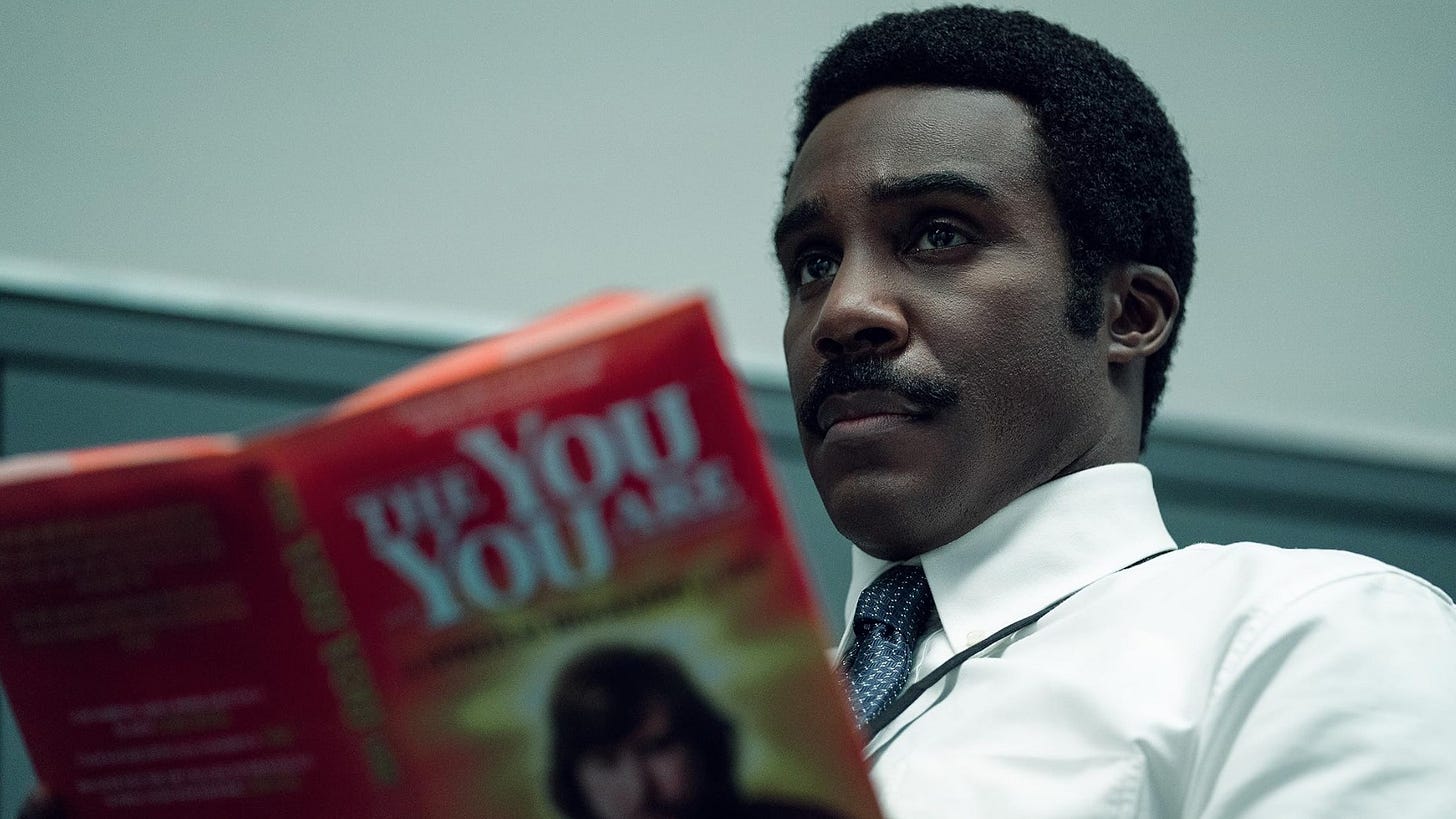Mr. Milchick and the Impossible Task of Being Both Black and Corporate
Despite his promotion, the “Severance” character realizes how disempowered he is as a Black man at Lumon.
A lot of what happens in “Severance” feels relatable for those working corporate jobs but still just farfetched enough to remind viewers that the show is science fiction.
Drilling holes into employees’ skulls to install a chip that separates their work and personal identities? Scary, but improbable for now. Living in a corporate town…





